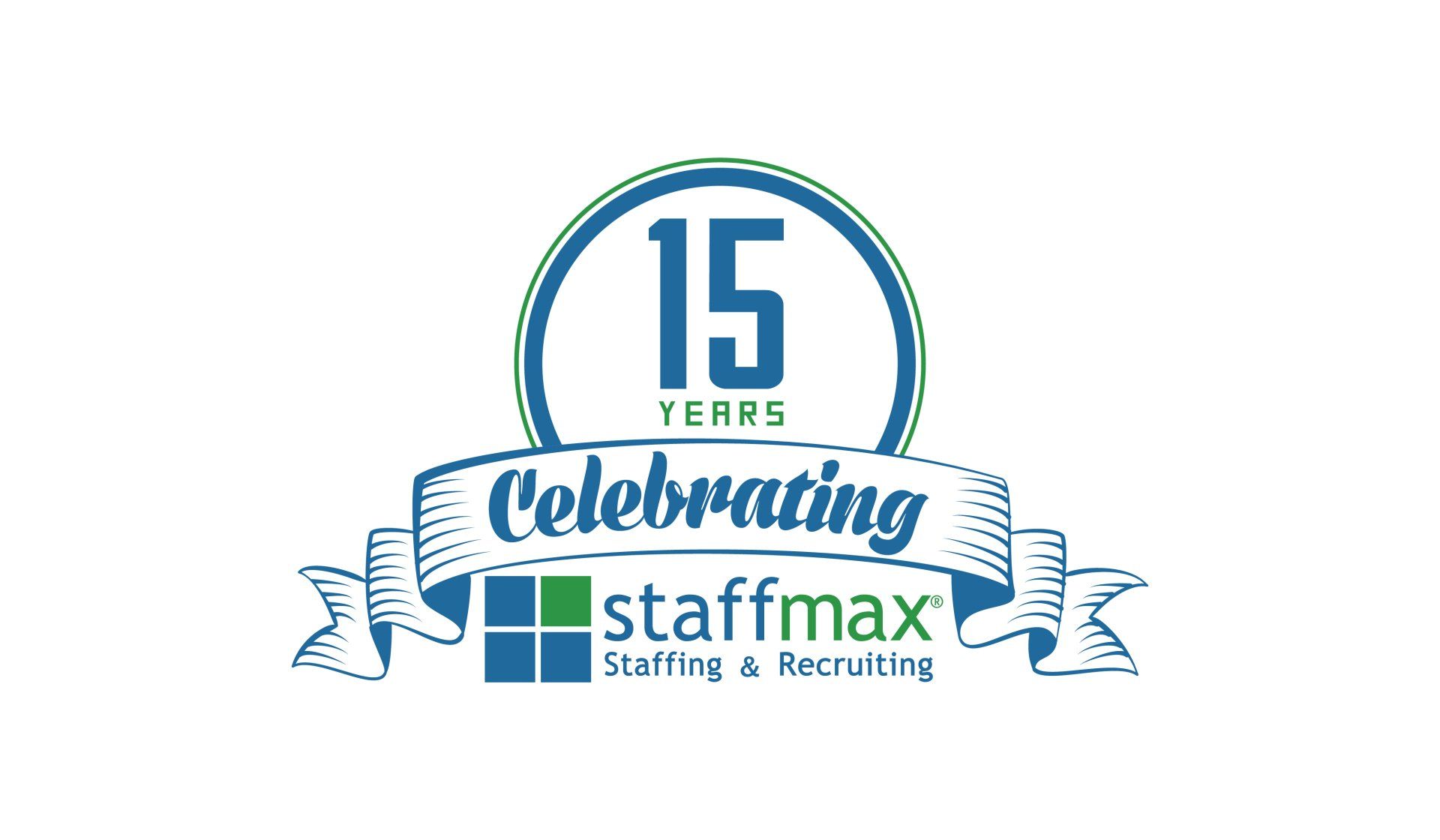"Silent Stars" in the work force are some of the best resources organizations have, yet when they are overlooked, it hurts the company's bottom line.
By Bryan Robinson, Ph.D. for forbes.com

Employers are observing some of their most talented employees abandon ship as the mass exodus of the Great Resignation continues. Many of the top talent are quiet achievers who feel unrecognized and unheard. “Silent Stars” have created a revolving door, quietly headed to companies that will address their grievances. Lack of recognition, burnout and limited growth opportunities are only a few of the reasons employees are quitting. According to Andrea Short, executive sales and marketing leader at Ingram Micro Cloud, there’s another side to the story. She argues that the Silent Stars—those whose goals are less visible and are still working as hard as they can to keep the workflow going—are the most valuable yet forgotten assets for the same companies that are not giving them the recognition they deserve.
Out Of Sight, Out Of Mind
A full 75% of the workforce say they need more recognition in their jobs, and Short insists the Silent Stars are the most easily forgotten at the highest price. “These Silent Stars are known (or not known) for being great observers and honest assessors, self-starters willing to pursue goals that are less visible and for not actively seeking any acknowledgment. Still, they’re not totally indifferent to being constantly overlooked.”
In the past year, businesses have been influenced by fear of talent-loss and many have learned that some talent is simply overlooked based on their personal preference to remain more quiet, introspective or less social in the workplace. “Out of sight, out of mind, has been a prevalent experience for those that may be less externally-oriented, and businesses are beginning to recognize the importance of refocusing attention on all sets of talent by understanding and respecting individual nuances,” Short said. “By actively learning their team’s individuality and putting focus on each unique person, leaders have been able to more appropriately guide their teams, strengthen their foundations and receive more contributions across their entire organization.”
Short believes a retention strategy can be as simple as supporting and representing your talent if a more suited role ever presents. She notes that major drivers of job satisfaction revolve around role enjoyment, career development, paths to advancement, culture inclusivity and appreciation. “Leaders who prioritize better understanding their employee’s individual goals and fulfillment, and encourage transparency around internal recruitment efforts, are providing better possible circumstances for both the organization and your talent’s overall satisfaction.”
Short insisted that during the Great Resignation, companies took one of two paths. They either recognized the importance of the silent-but-driven and learned to anticipate ways to accommodate the needs of these solid team members and making them feel valued. Or they lost these crucial components of their operating dynamic and quickly saw things come unglued. “Many times these Silent Stars are seen as the individuals on a team that ‘just get it done,’ taking on more than their fair share of responsibility,” she said. “In recognizing the importance of these types of associates, it’s imperative that organizations audit and measure the amount of effort a team member puts forth against the amount and type of recognition they deserve.”
8 Strategies To Shine Light On Neglected Talent
Although managers found that losing a rising star in the company was a tough act to replace, they found it even more difficult to find replacements for the Silent Star employees who increasingly burnt themselves out due to the increased demands of the “always on'' remote work environment and their indefatigable drive to complete not only their work, but the work of other team members. Companies can not longer afford to continue business as usual just because that’s the way it’s always been done. In order to evolve with the current trends and stay viable, companies must put a bandage on the bleed. Short notes that merely doling out bonuses for extra hard work won’t cut it. Instead, it’s important to implement some of the following policies that guarantee quiet achievers are recognized and retained.
- Identify Silent Stars to optimize their performance in the company without being exploited then focus on prioritizing equality and finding new opportunities for each team member to shine.
- Get to know quiet achievers through monthly or quarterly conversations and show interest, empathy and understanding in their current projects.
- Promote Silent Stars within their ranks to newer positions in which they can foster greater stability to the organization at a higher level. In the past when this happened, there was nearly always a correlative boost in performance, department-wide.
- Allow Silent Star employees to train and motivate new-hires through their calm and steady role-modeling of best practice. They are excellent at this—especially when it comes to practices developed to fit the hybrid-work environment, which gained widespread popularity late last year.
- Offer adjustable plans (taking into account the size of the company) with benefits that incentivize employees to stay with the organization such as flexible schedules and work methods (home office, for example).
- Determine how the behavior of Silent Stars can be replicated by other team members to cultivate a team that works in unison.
- Offer adjustable plans (taking into account the size of the company) and offer benefits.
- Create an attractive work plan for a freelancer generation that does not want to be tied to a company.
Short believes organizations have become more aware of their loss of Silent Star employees and are trying to solve the dilemma. Still, she warned that companies cannot afford to join the quiet achievers in their silence if they want to stop the drain. “Your hardest working and sometimes most valuable employees might not ever ask for a raise, but if you give them that opportunity, we’ve seen that they’re capable of unlocking entirely new opportunities all the way up the value chain,” she said. “And sadly, a lot of these really excellent people were the ones quitting last year because they felt overlooked.”













